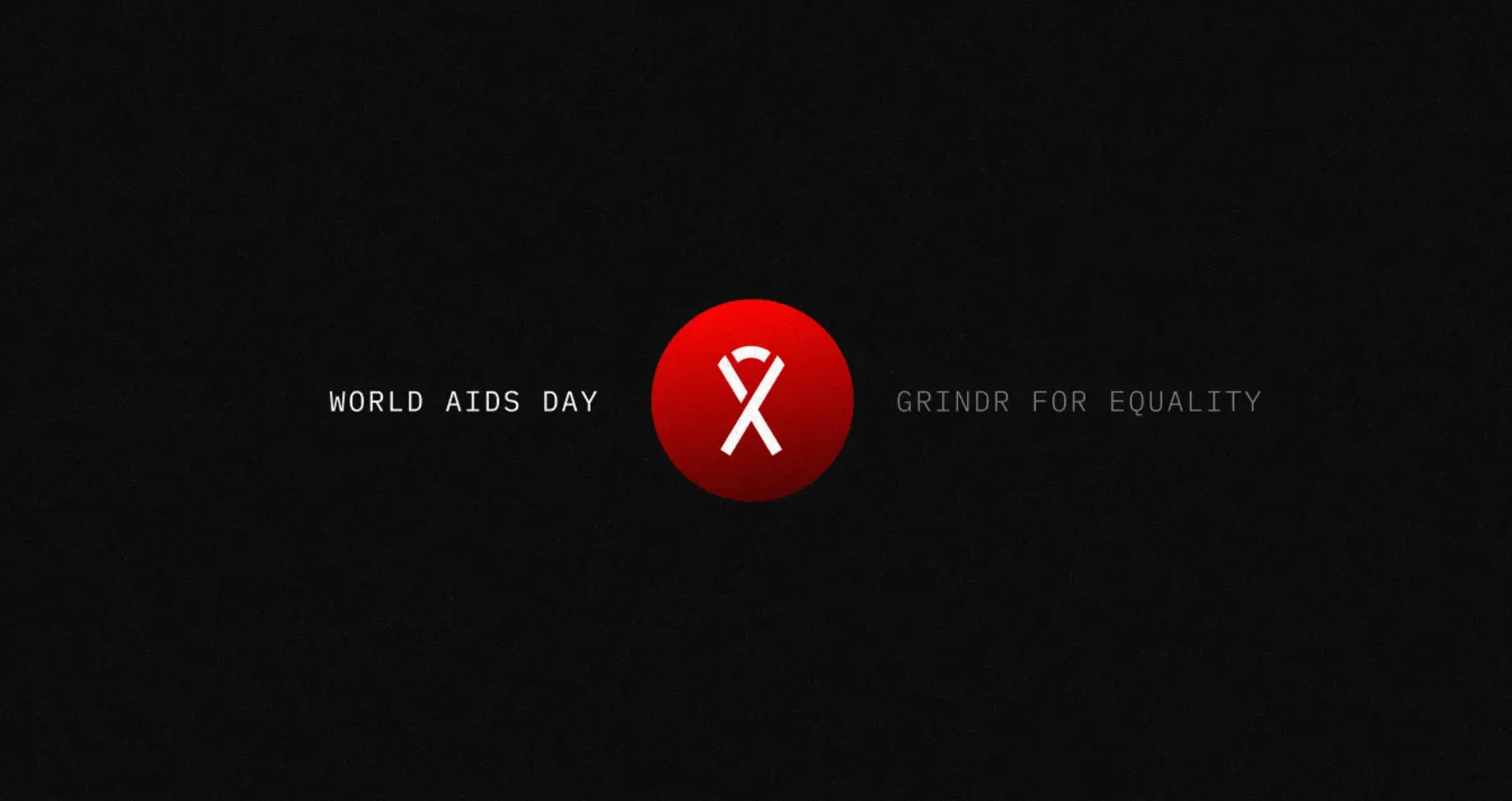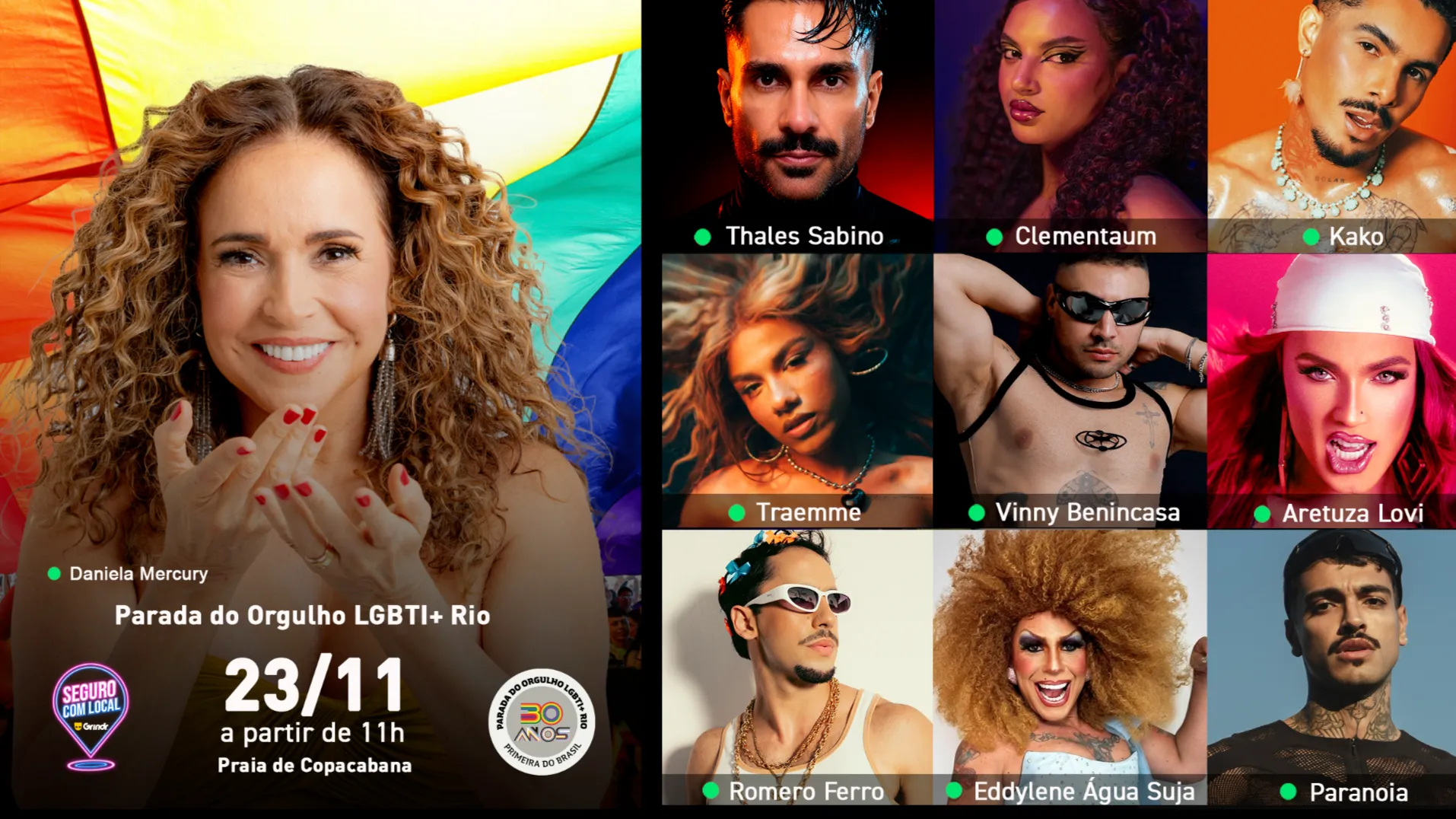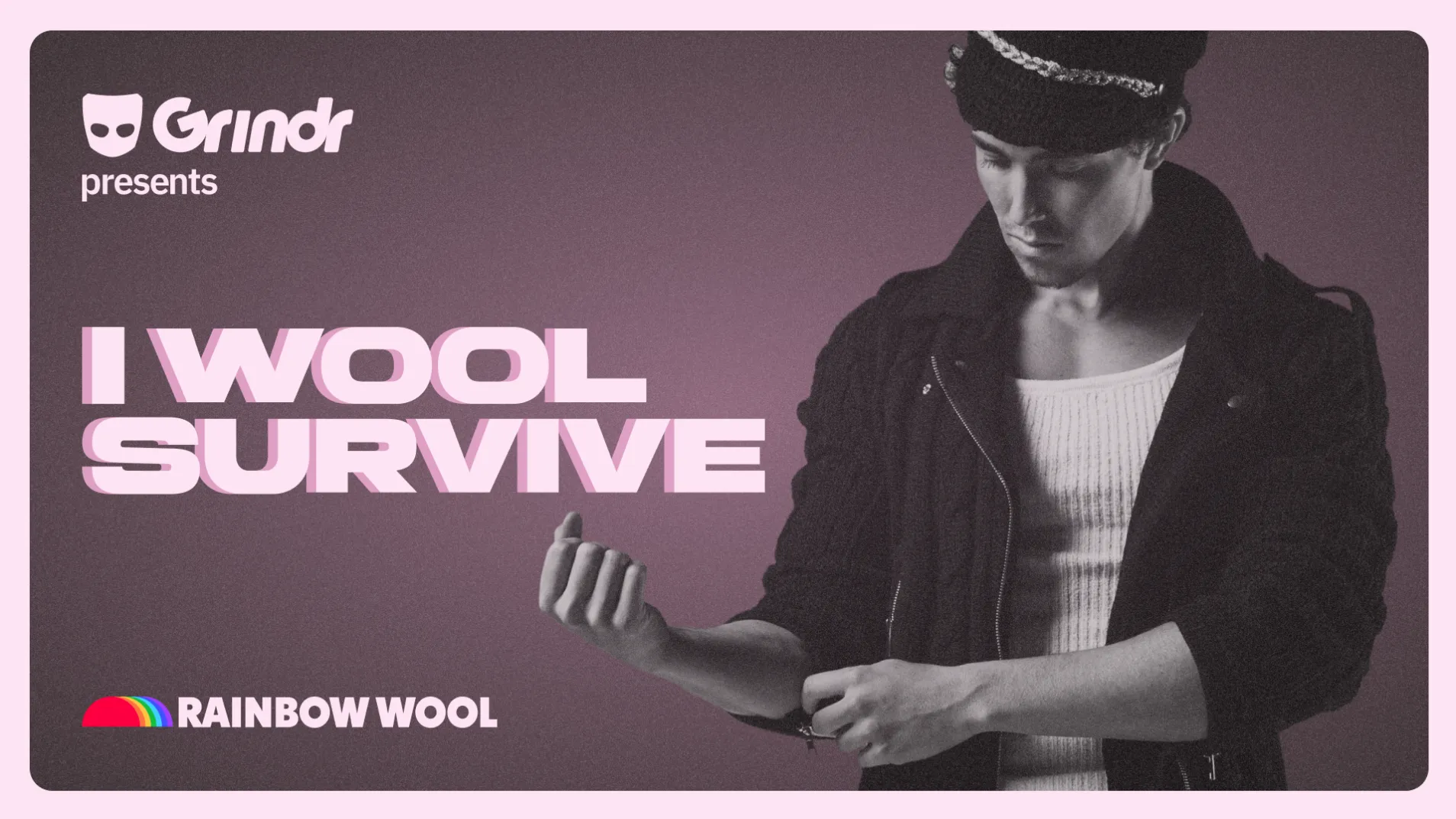Knock Knock! Here’s How to Come Out of the Closet

Authenticity is a superpower in a society that still turns its nose up at anything different. But finding your way there can be terrifying.
The possibility you might be ostracized by your friends, family, and community — it's enough to scare anyone into a box. But just because you're safe in that box doesn't mean you're comfortable.
Coming out of the closet is a challenging first step toward acceptance and self-love that queer people everywhere wrestle with at some point in their life. The anxiety before you do so can be paralyzing, even if you think you'll have a positive outcome. However, all that stress, anxiety, and heaviness you feel carrying around your straight alter-ego disappears when you express your true self.
Coming out as gay, lesbian, bisexual, or any other queer identity can be incredibly healing. It's about taking those first frightening steps out into the sun and taking up space unapologetically.
That said, the thought of coming out can be so overwhelming that you feel frozen in time. We're here to help: Let our experiences on the other side of the door show you how to come out of the closet — on your terms and no one else's.
How to come out in 6 steps
There's no direct route to the end of your coming-out journey. Many of us have to take a hard left, stall, back up, or jump around until we reach our destinations. But regardless of how you get there, having a map to reference can keep you safe and on course.
Consider these six steps your GPS, but give yourself the freedom to reroute as you see fit.
1. Coming out to yourself
This step is arguably the most important. If you can't come out to yourself, how in the hell you gonna come out to somebody else? Self-acceptance is powerful and can help you muster the courage to tell others. Before opening up to your loved ones, you need a solid foundation and comfort in your own skin.
Confidence is one of the best defenses against potential adverse reactions. If you fully accept yourself, that acceptance becomes your armor in the face of pain. Deep self-reflection isn’t easy for many of us, but it's vital, and you'll struggle to get any further unless you take care of this first.
2. Coming out to friends
The term “chosen family” is familiar to many queer folks; we're used to cherry-picking our family through friendship. That's partially why coming out to your friends first is the logical next step. There's a high chance your friends will love and accept you for who you are because you've picked them based on your connection, which usually involves similar beliefs.
Still, it's smart to prepare yourself for anything and go in with managed expectations. Your friends will ideally be supportive and love you for who you are. But if they don't, it might be time to set boundaries or rethink your relationship with them.
You shouldn't have to deny your true self to have a friendship, so don't concede on your newfound confidence in your queerness. Instead, be patient with your friends if they're willing to understand. Sometimes, time or distance can also help emotions settle for a more supportive conversation about your sexual orientation or gender identity.
3. Coming out to family
This step tends to be the one where people get the most stuck. Coming out to your family is an exercise in radical vulnerability that only queer people can truly understand.
It's easy to get caught thinking, "How can I tell my mom I'm gay? Will she still love me if I do?" But don't worry — these fears are entirely normal. You can absolutely overcome them and share your true self with your family.
Figuring out how to come out to your parents is no small feat for a budding queer person. It’s intimidating, even if you think they'll handle it well. That tiny sliver of uncertainty is enough to keep people in the dark for years. Discussing this with your family can be even more stressful if you struggle with gender identity or identify as transgender.
You can use a similar approach to coming out to your family as you would with coming out to your friends. Prepare for the conversation ahead of time, develop a script, and know how you want to respond if things go or don't go well.
Schedule a serious talk with your family when there’s minimal distraction. If you need a deadline to kick your butt in gear, consider National Coming Out Day.
But with family, it's crucial to empathize with them if they're confused; many older people might feel blindsided by this revelation, so it's natural for them to need more information or resources to help them come to terms with your LGBTQ+ status. After all, you've had years to prepare for this moment, and they're only just learning you're not heterosexual.
4. Reconciling yourself and moving forward
Congratulations — you did it! You came out to yourself, your family, and your friends. Now, it’s essential to check in with yourself before diving headfirst into your new life.
How are you feeling? Are there any lingering feelings or loose ends you want to tie up? Now's the time to be honest and seek even more clarity.
This step involves figuring out how faith fits into the equation for many. Religious organizations often discount or even openly oppose queerness, which can feel highly invalidating, regardless of whether or not you practice.
{{video-inline-cta}}
But here's the reality: Being gay is natural. It doesn't matter what anyone else believes. So celebrate your newfound pride! Remember that you are loved and supported by so many people out there. Even if you have to go seek them out, they exist. We know because we include ourselves in this group.
Here's another question that might explain some internal conflict: When did you come out? Depending on when in your life you make the leap, you might be reconciling decades of emotional turmoil.
Give yourself space for this. Grieving the life that could have been is often part of the process. It's understandable to have confusing emotions, even if your coming out went well. Anger, sadness, despondence, and fear are valid feelings you want to sit with and digest before moving forward.
5. Letting the world know
How "out" you are from here is really up to you. Stereotypes might play into people assuming your sexuality or identity, while others will be floored once they find out (again, thanks to stereotypes).
But here's the nice flip side of being out: You don't owe anyone an explanation for who you are. With the acceptance of yourself and the people you care about, you don't need to justify your existence to anyone else on this planet.
That doesn't mean you shouldn’t be obviously out in a comfortable way. Embracing your true colors and casting shame aside is all part of this process. Queerness can look like so many things, and there's no one-size-fits-all approach to being out and open. Learn about the kind of queer you want to bring to the world and do it so fiercely that no one can deny your light.
6. Being yourself after the closet
Now that the dust has settled, one fundamental question remains: Who are you, really? Losing your sense of self as a preservation tactic is another coping mechanism queer people know all too well.
Remember, queerness is about so much more than who you have sex with. Find ways to incorporate yourself into the LGBTQ community.
There's a good chance you’ll relate to a ton of queer stuff, so start owning that, too! Seek out queer content, including music, art, film, fashion, and books. This step might seem unimportant, but discovering yourself without forging connections to gay history and culture can feel surprisingly alienating.
Travel is also an excellent way to get back to yourself. Exploring LGBTQ-friendly countries will help you feel welcome, not just tolerated. There's a massive difference between these two experiences, something you'll become familiar with the more out you are. So, it's essential to travel to places where you won't feel compelled to close up.
No matter where you are, spending time as your authentic self around non-judgemental people can help you understand what you want from yourself and others in this new chapter of your life. And that answer can always change! Nobody is set in stone.
Who are you? Go deeper than identity
A final word of advice on being yourself: It's common for queer people to take the title on as a holistic identity, cloaking themselves in their sexual orientation and using that to inform their personality.
There's nothing wrong with doing this if it feels authentic to you, but ask yourself if it does. Coming out as LGBTQ doesn’t mean you have to throw out everything else you identify with; now, you’re just also unafraid to be here, queer, and remarkably, passionately, lovingly used to it!
Find your people on Grindr
If you want to connect with your local queer community, Grindr is a great place to start. Our millions of active users can help you feel the love.
Get the Grindr app or browse hands-free on Grindr Web.










.jpg)
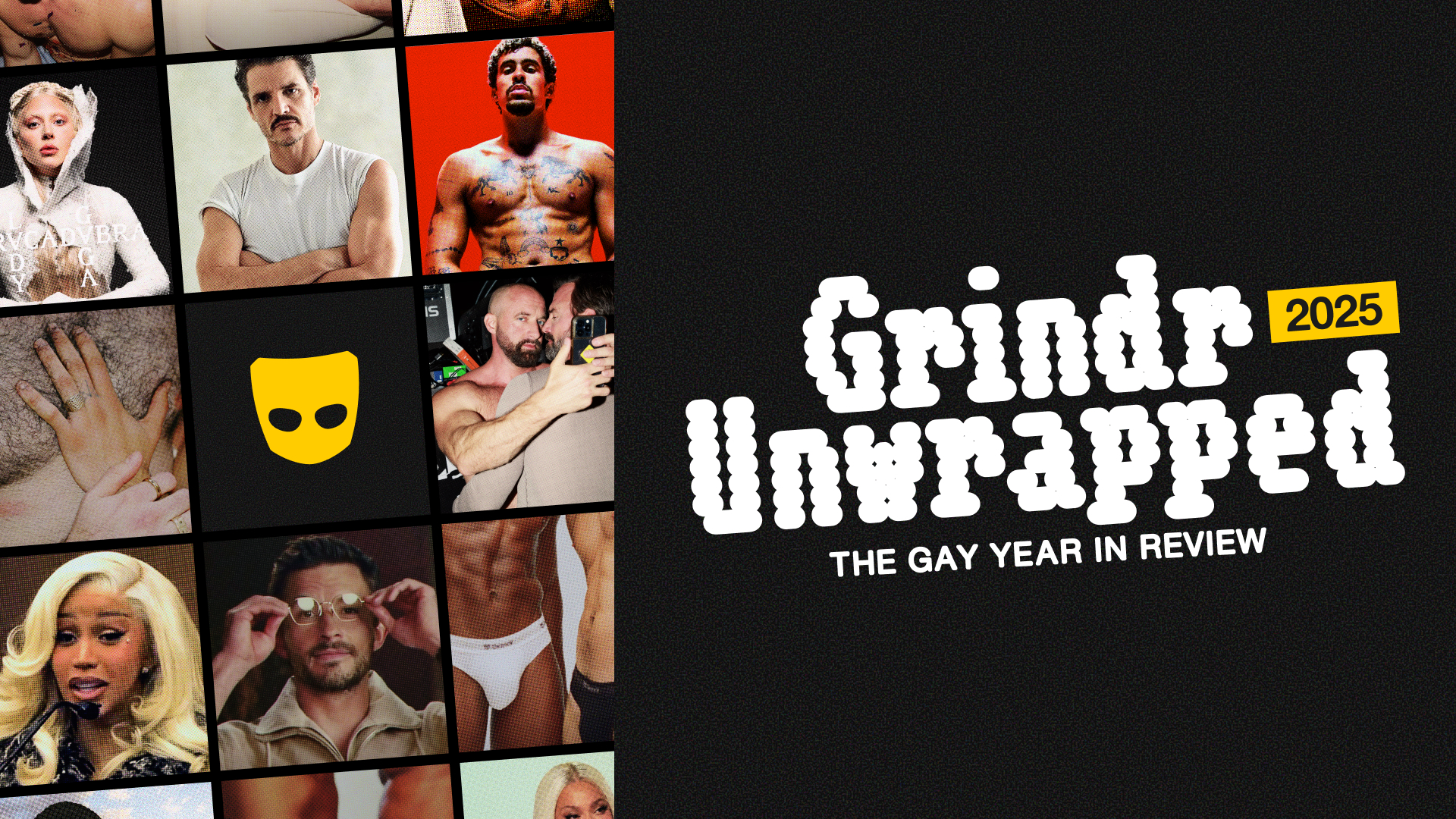
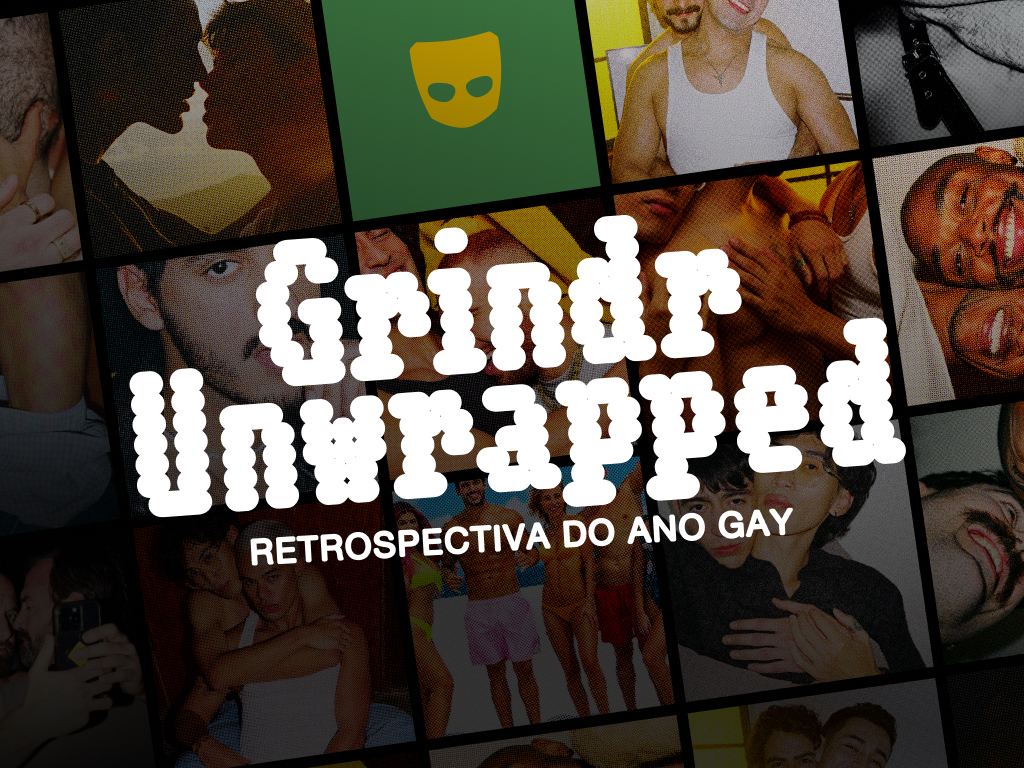
.jpg)
.jpg)
